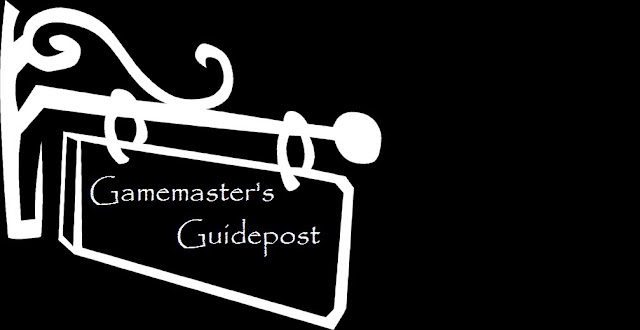Guest Post by Scott “Rocketman” Rochat
It’s the heart of a hundred novels and screenplays: the team of experts, moving like a well-oiled machine. With wit and muscle, they work their way past every obstacle, thanks to their intricate and well-rehearsed plan.
But there’s a reason audiences don’t watch a rehearsal. Put it at the gaming table, and the result can be two hours of discussion before a single die is thrown or a hit point expended.
“You know, we’ve been assuming that the guards always go counter-clockwise. What happens if they change the rotation?”
“Well, then the guys in disguise duck into cell block C until the heat is off.”
“I thought cell block C was on the other side of the prison.”
“Ask Joey, he’s got the map. Joey? … Hey, Joey!”
“…mm? Sorry, I was about to order pizza.”
The problem is a familiar one to a novelist: exposition. The reader has to have a certain amount of background information for the plot to work –but if it’s fed too bluntly or too copiously, the reader is taken out of the story at best, or bored to tears at worst. In a game, a lecture by “Professor Exposition” or an overdone planning session can kill momentum and interest simultaneously. How do you avoid it? For the “team of experts” trope, books and films have usually taken one of two tacks:
Show the audience the strategy session, but have things go wrong in mid-stream, forcing improvisation. Tension arises from the contrast between what should have happened and what has to happen.
Cut away from the group as soon as they say “Here’s the plan” and show the operation in action, revealing the plan piece by piece as it happens. Tensions arises from the reader or viewer anticipating each obstacle, wondering how the team is going to get out of this one.
The first approach is a time-honored one that should be familiar to any veteran GM: let the players talk it all out, then mess with them as soon as the rubber hits the road. (If nothing else, having the worst possible NPC show up can result in many sudden improvisations!) But the second requires a little work in order to function in an RPG context.
Specifically, it requires Plotting Points.
The Plot Thickens
The basic idea is simple. Cut away from the briefing. Give each player one Plotting Point. Begin the operation. As play continues and obstacles arise, each player may cash in their Plotting Point to describe how he or she anticipated a particular challenge. This does not guarantee a success – but it does give the team an edge:
GM: As you enter the People’s State Museum, you notice that security is especially steep for the after-hours VIP showing … everyone is walking through a metal detector and their fingerprints are being double-checked.
PC: (Tosses in Plotting Point) Ah, but surely even their VIP tour didn’t anticipate that it would be joined by a double of El Presidente himself. (Booming voice) “What is the meaning of this delay? If I am late to the cabinet because of this foolishness, someone will report to the firing squad!”
GM: Hmmm. Roll Disguise and Intimidation. OK …. “El Presidente! This is an honor!”
Plotting Points do not regenerate until all the players have used theirs, to ensure adequate spotlight time (and pressure the team for creative solutions). The GM will cut the points off when the op is either complete or obviously shredded beyond any hope of anticipation. Depending on the game, some or all of the players may already have meta-game abilities that can affect the plot. It’s recommended that the GM allow these abilities (whether unique advantages or ubiquitous “Hero Points”) to function as normal, but only to resolve a situation using elements that are already on hand, or could be … anything that involves “prior planning” is what the Plotting Points are for!
So enough talking. Cut to the caper. Your plan awaits.

